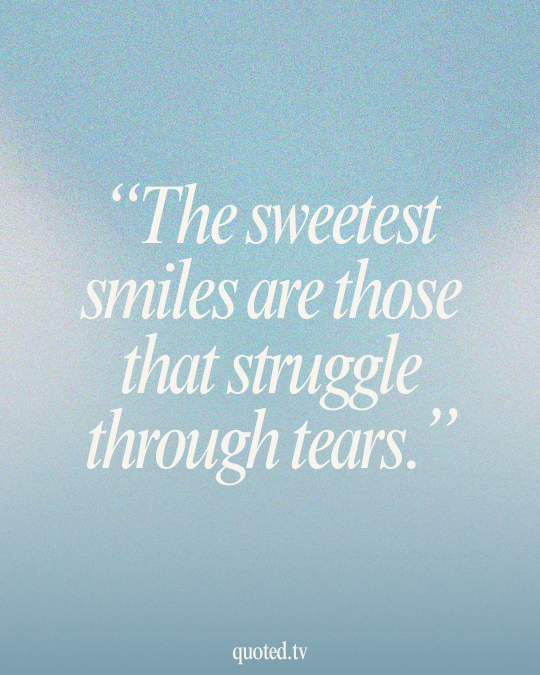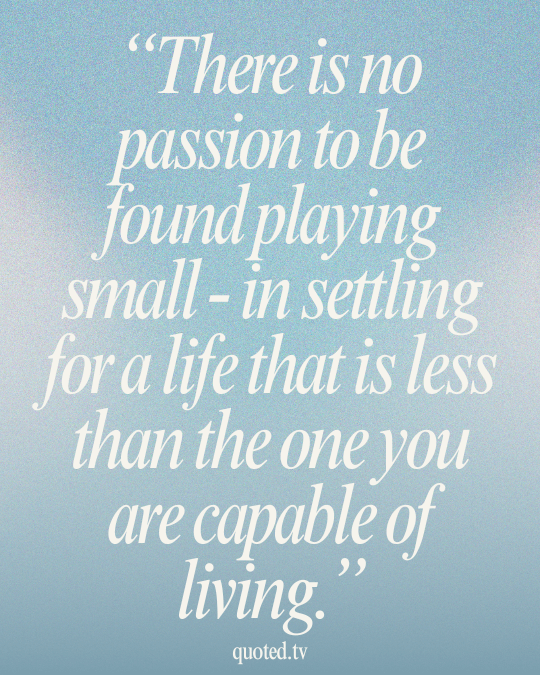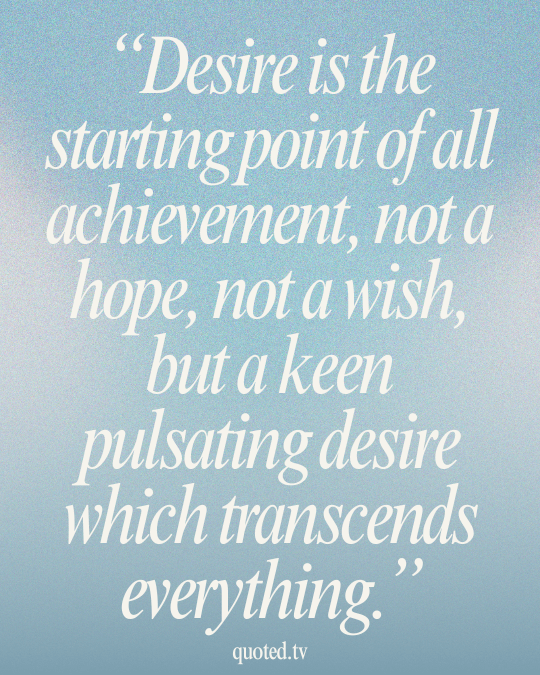Desire is a powerful force that has inspired countless works of art, literature, and philosophy throughout human history. It can drive us to great heights of achievement or plunge us into the depths of obsession. Whether it manifests as passionate love or carnal lust, desire shapes our experiences and relationships in profound ways. Let’s explore ten thought-provoking quotes that delve into the complex nature of passion and lust, examining their impact on the human psyche and our interactions with others.
1. “Desire is the kind of thing that eats you and leaves you starving.”
This quote captures the all-consuming nature of intense desire. Like a ravenous beast, it devours our thoughts and emotions, yet paradoxically leaves us craving more. The imagery evokes the insatiable quality of passionate longing, suggesting that desire itself can become an addiction, constantly pushing us to seek greater heights of fulfillment.
2. “Lust is to the other passions what the nervous fluid is to life; it supports them all, lends strength to them all.”
Here, lust is portrayed as the fundamental underpinning of our passionate nature. By comparing it to the nervous system, the quote implies that lust is an essential, animating force that gives vitality to our other emotions and drives. This perspective challenges us to consider how our baser instincts might actually fuel our nobler pursuits.
3. “The sweetest smiles are those that struggle through tears.”

While not explicitly about desire, this quote speaks to the bittersweet nature of passionate emotions. It suggests that our most poignant experiences of joy are often intertwined with pain or sorrow. In the context of desire, we might interpret this as a commentary on the exquisite agony of unrequited love or the intensity of emotions that come with deeply passionate relationships.
4. “Passion, it lies in all of us, sleeping… waiting… and though unwanted… unbidden… it will stir… open its jaws and howl.”
The animalistic imagery in this quote portrays passion as a primal force lurking within every human being. By describing it as “unwanted” and “unbidden,” the quote acknowledges the sometimes inconvenient or disruptive nature of passionate feelings. The metaphor of passion “howling” emphasizes its raw, uncontrollable quality when fully awakened.
5. “To burn with desire and keep quiet about it is the greatest punishment we can bring on ourselves.”
This observation highlights the psychological toll of suppressed desire. It suggests that the act of denying or hiding our passionate feelings is a form of self-inflicted suffering. The quote encourages honesty and self-expression, implying that giving voice to our desires—even if they cannot be fulfilled—is healthier than silent repression.
6. “There is no passion to be found playing small – in settling for a life that is less than the one you are capable of living.”

Broadening the concept of passion beyond romantic or sexual contexts, this quote connects desire to personal ambition and self-actualization. It challenges us to embrace our passions fully, suggesting that a life lived without pursuing our deepest desires is a life half-lived. The imagery of “playing small” evokes a sense of constraint, urging us to break free from self-imposed limitations.
7. “Lust’s passion will be served; it demands, it militates, it tyrannizes.”
This powerful statement personifies lust as a domineering force that brooks no opposition. The use of militaristic language—”demands,” “militates,” “tyrannizes”—emphasizes the overwhelming nature of lustful desire. It paints a picture of lust as an almost external entity that can overpower reason and self-control.
8. “The most powerful weapon on earth is the human soul on fire.”
While not explicitly about romantic passion, this quote speaks to the incredible motivating power of deep desire. It suggests that when a person is truly passionate about something—be it a cause, a person, or a goal—they become an unstoppable force. The metaphor of the soul “on fire” beautifully captures the intensity and transformative nature of passionate commitment.
9. “Desire is the starting point of all achievement, not a hope, not a wish, but a keen pulsating desire which transcends everything.”

This quote elevates desire from a mere emotion to a crucial driver of human accomplishment. By distinguishing it from hope or wishes, the statement emphasizes the active, energizing quality of true desire. The phrase “keen pulsating desire” evokes a sense of urgency and vitality, suggesting that passionate longing can propel us beyond our perceived limitations.
10. “The flesh endures the storms of the present alone; the mind, those of the past and future as well as the present.”
This final quote offers a nuanced perspective on the relationship between physical lust and emotional passion. It suggests that while our bodies may experience desire in the moment, our minds have the capacity to relive past passions and anticipate future ones. This observation highlights the complex interplay between the physical and psychological aspects of desire, reminding us that passion engages both our corporeal and intellectual selves.
In exploring these ten quotes, we’ve journeyed through various facets of desire, from its primal, lustful manifestations to its role in driving personal growth and achievement. These insights remind us that passion and lust are fundamental aspects of the human experience, capable of both uplifting and challenging us. By understanding and embracing these powerful forces, we can harness their energy to lead more fulfilling, authentic lives.



